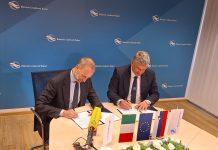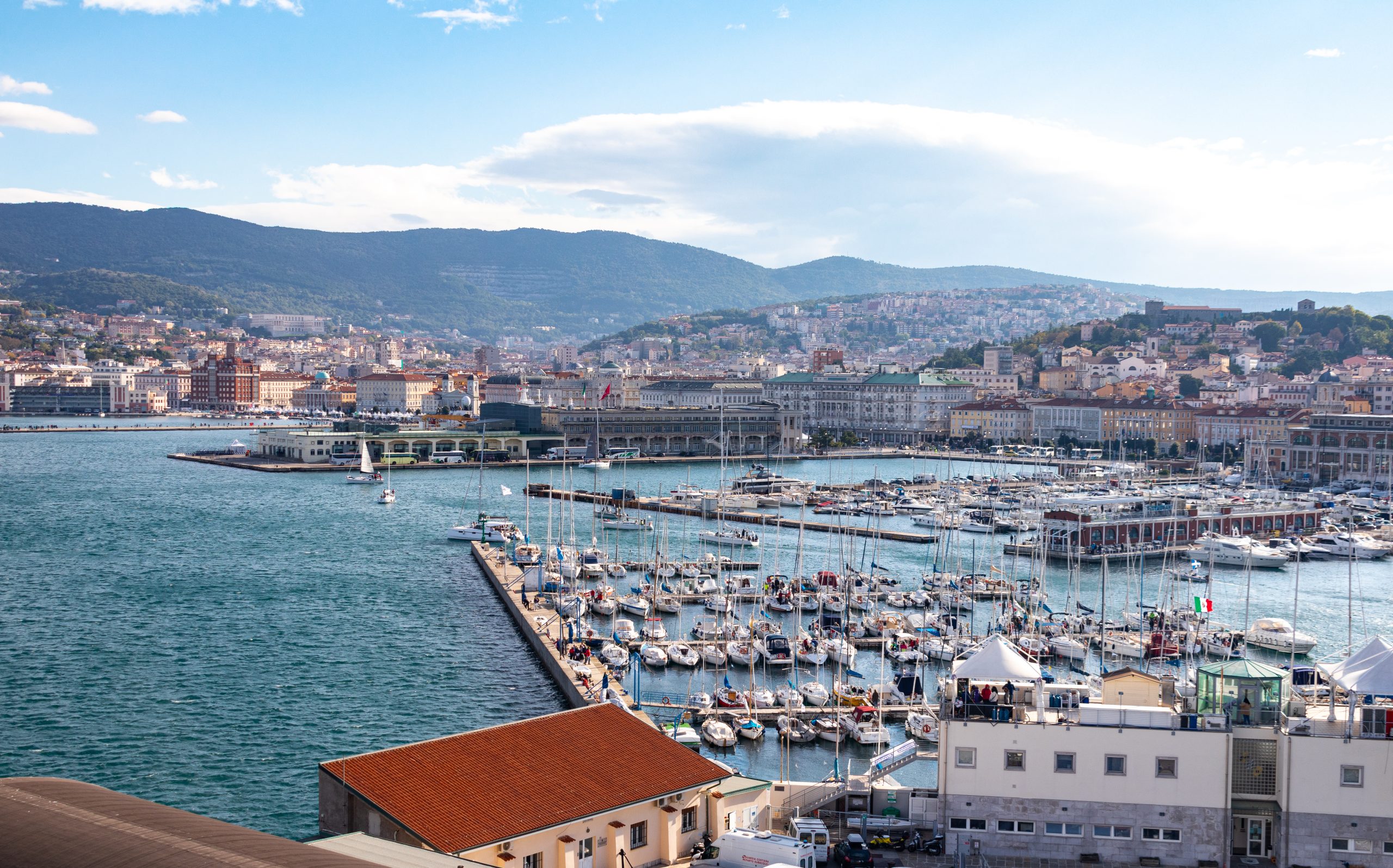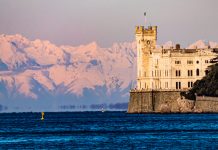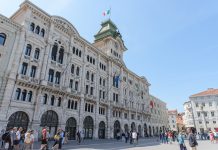by Nina Vaclavikova
Interviews: Pierpaolo Roberti, FVG Councilor for Local Autonomies;
The Friuli Venezia Giulia Region reaffirmed its commitment to marine conservation during the Barcolana Sea Summit on Monday, highlighting the Adriatic Sea’s ecological importance and the growing threats faced by marine life.
Speaking at the opening of the workshop “Protection of Cetaceans and Sharks in the Adriatic: Monitoring, Management, and Citizen Science,” Regional Councilor for Local Autonomies Pierpaolo Roberti emphasized the region’s pride in hosting the various Barcolana events, which now go far beyond sailing to address broader issues of sustainability.
“The Region is particularly proud to host the many initiatives of Barcolana, a festival that no longer focuses solely on sailing but tackles all sea-related themes with a strong emphasis on sustainability,” Roberti said. “Today’s event, which aims to provide practical tools and up-to-date information on how to correctly identify and report the presence of cetaceans in the Gulf of Trieste and the Upper Adriatic, continues in that spirit.”
Organized by the Miramare Marine Protected Area and the Trieste Maritime Directorate–Coast Guard, the workshop focused on promoting citizen participation in marine monitoring and deepening public understanding of Adriatic biodiversity.
Roberti described Friuli Venezia Giulia as “a land of borders and encounters, but also a region that views the sea as a fundamental resource,” adding that the Adriatic “is not just a place of transit or commerce, but a complex ecosystem rich in life that requires care, respect, and knowledge.”
Discussions during the event underscored the need to engage younger generations in environmental education while improving awareness of how maritime activities interact with protected marine species. Experts also highlighted the importance of understanding response protocols for strandings or sightings, as well as current conservation laws and best practices.
“It is very positive to study these phenomena and reflect carefully on situations that present critical elements,” Roberti noted.
Speakers pointed out that cetaceans and sharks in the Adriatic face multiple stress factors, including intentional killings, climate change, habitat degradation, food depletion, noise pollution, chemical contamination, oil spills, and accidental entanglement in fishing gear or collisions with vessels.
The conference also drew attention to the consequences of declining predator populations, which have led to significant losses in marine biodiversity and weakened the sea’s ecological resilience. Of the seven cetacean species historically present in the Adriatic, five are now at risk of extinction.






























